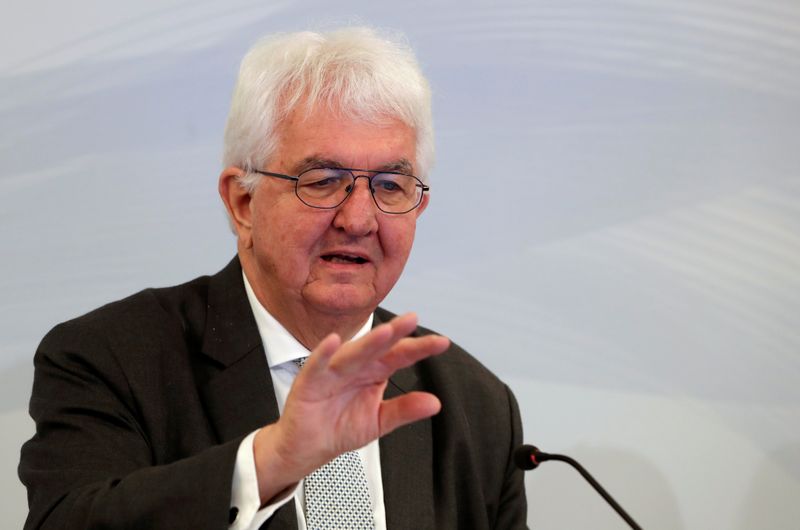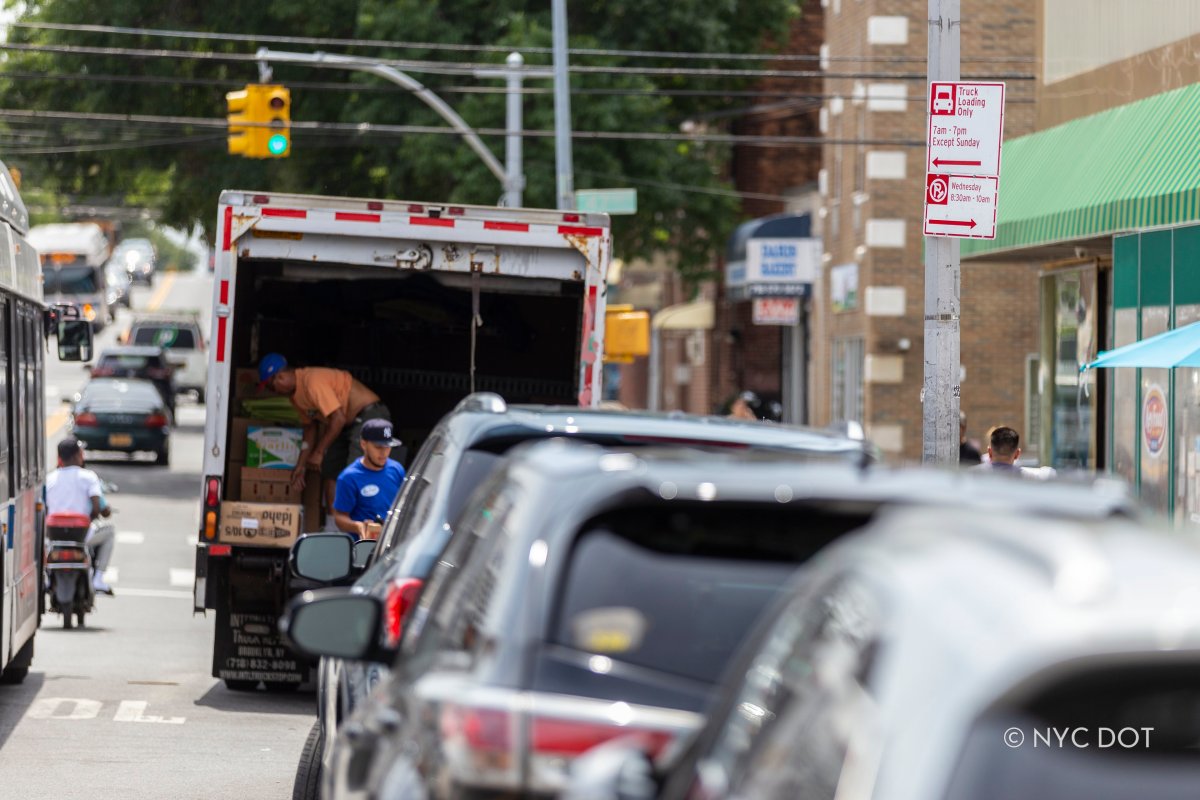VIENNA (Reuters) – “Never say never” on the European Central Bank one day buying shares rather than government or corporate bonds, but it has not discussed the idea yet, ECB Governing Council member Robert Holzmann said in comments published on Sunday.
The ECB on Thursday announced a bigger-than-expected expansion of its stimulus package to prop up an economy plunged by the coronavirus pandemic into its worst recession since World War Two.
Holzmann took over as head of the Austrian National Bank just last year but has already been outspoken on various issues, calling for the ECB to lower its often-undershot inflation target and warning against negative rates. He also says he initially suggested that Thursday’s decision be put off.
“Never say never. If the need is there, this discussion will definitely have to take place. But currently that discussion does not exist,” Holzmann told newspaper Die Presse when asked if the ECB could start buying shares.
On lowering the inflation target from just under 2%, Holzmann said he could still change his stance in a discussion that the ECB has pushed back because of the pandemic.
“If it is difficult to get from 1.5% to 1.9%, then in a time of low inflation expectations one can also set oneself a different target, although I myself have not yet formed a final opinion here,” Holzmann said.
“The fundamental discussion on ECB strategy has been postponed because of the crisis and should be taken up again as of the summer,” he added.
ECB President Christine Lagarde has made a greater focus on climate change a priority, but Holzmann urged caution.
“There are thoughts about becoming greener. One must, however, be very careful because with these instruments the market is often still very small and illiquid,” he said, apparently referring to green bonds.
(Reporting by Francois Murphy; editing by Jason Neely)




















